Anytime there is a disruption to society, there is also an opportunity to change the status quo. The disruption caused by the COVID-19 pandemic is terrible and deadly. Many of my clients in environmental and climate organizations are now changing focus on how to immediately help our fellow citizens. This is as it should be. But we should be doing at least one other thing.
That is using some of our time and effort to think about our messaging on how current systems are not serving the issues of climate justice, and preparing ideas and messages that will. Why?
Because the systems that got us into this hot mess are still there, and will likely be perpetuated or even enhanced by traditional thinking and bailouts. The need for changing our thinking is particularly important for climate and justice. For example, our old thinking and systems want to bail out shale gas fracking companies. These companies are marginally profitable or operate at a loss, are at high risk of debt default or bankruptcy, and pollute our land, water as well as make people sick. This says nothing about their acceleration of the destruction of our climate. Why would we bail these companies out when we have clean renewable energy alternatives? The tired old thinking is… because we might lose some jobs.
Instead we’ve handicapped our solar energy industry with tariffs. Industry experts estimate that this cost the US 62,000 jobs and $18 Billion in investment in 2019. Instead of supporting an industry that can give us the energy equivalent of social distancing, DERs (distributed energy networks) and microgrids that make us less vulnerable to oil shocks, we’ve let these tools lapse. Imagine what we could really do to make us energy independent and put people back to work if we focused on solar, wind, storage and the energy grid? This is what smart infrastructure development is all about.
This simple example extends to dozens of energy policies, whether it is putting energy efficiency programs in place for the economically disadvantaged or developing more mass transportation. Millions of good paying jobs would be created that will make us more resilient. If this sounds like the Green New Deal (GND), it is. Because the Green New Deal is new thinking about how to make a just equitable transition to clean energy and a healthy world.
We need to do everything we can to save lives in the current pandemic. Leaders are asking, how can we focus on climate when we are challenged by a pandemic? But here’s the deal. The solutions to the economic disruption of the pandemic are the programs we’ve been talking about and are required for a transition of our economy off fossil fuels.
The time to prepare our communications for this is now. Because the fossil fuel industry, the banks, and the Princess Cruise Lines will be standing in line with their hands out. We’re about to get the usual BS based on fear that will reward the wrong actions again. Building pipelines instead of power lines, fracking stead of solar, giving money to banks instead of people, rewarding insurance providers and not health providers.
Putting people back to work will be imperative as the next step when the dust settles. But if our messaging just continues to be about this job or that job, then we stay stuck in the jobs narrative. You know… all jobs are good. The claim that unregulated growth is good. Or we must serve the economy. Or, corporations are the engine of growth and only they know how to provide jobs.
What sort of communications should we use? I’ll address this in other posts, but I would start by saying, “The old thinking is bankrupt.” And since it is, we need to take this opportunity to change the narrative. So start thinking about this now.
‘We are all connected. Savor the Earth!’™
Hobie,
L. Hobart Stocking
SkyWaterEarth.com
hobart@skywaterearth.com
651-357-0110
Facebook: @SkyWaterEarthConnected
Twitter: @SkyWaterEarth

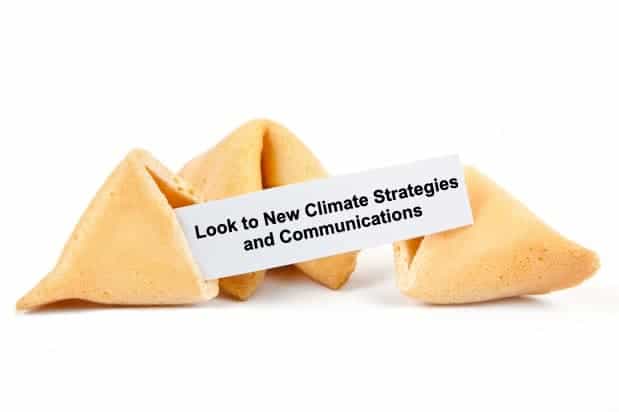
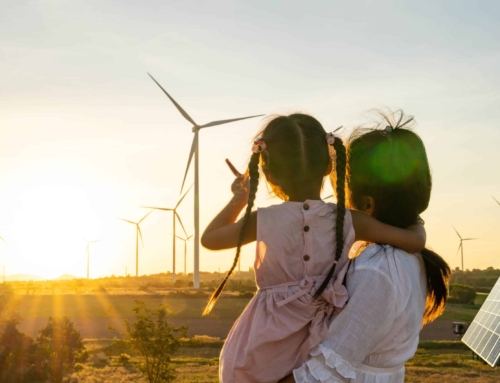
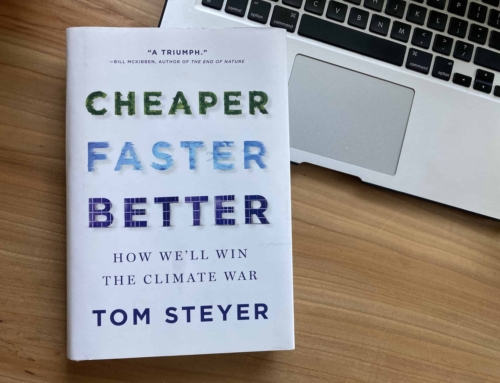
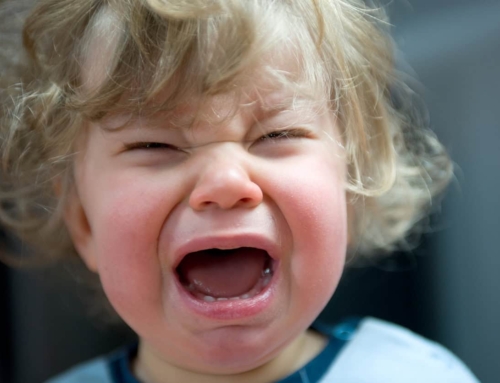
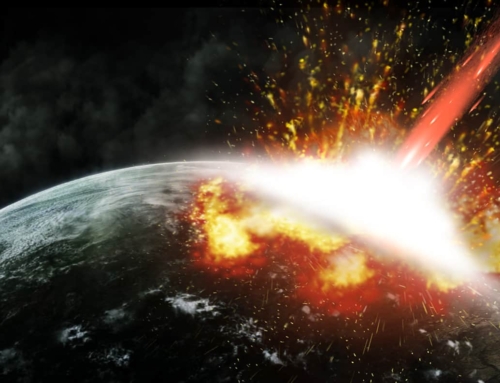

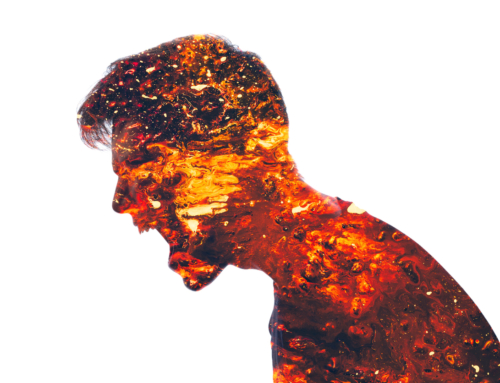
Leave A Comment